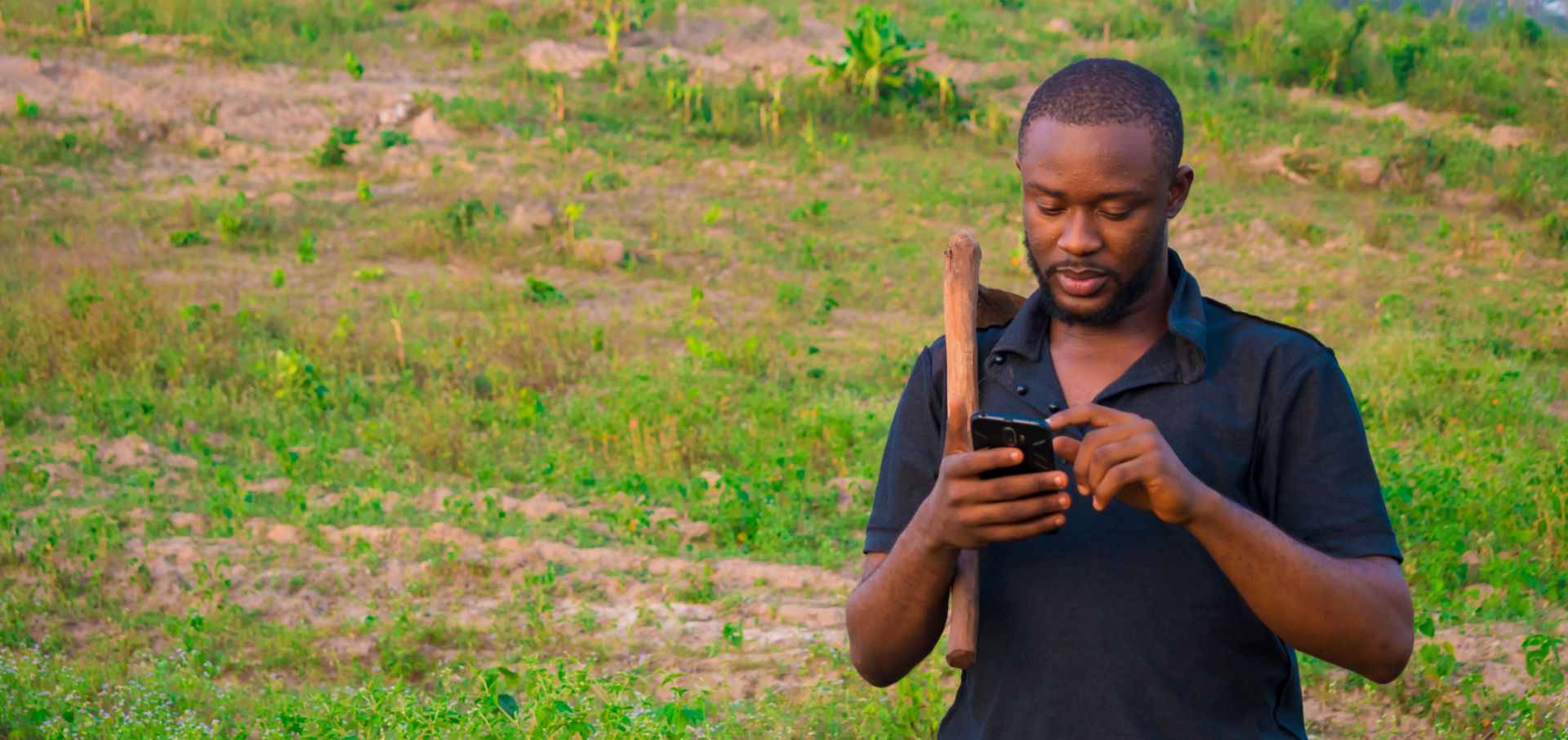In recent months, phone surveys have become an important way to understand how COVID-19 is affecting people in low- and middle-income countries – but they come with their own challenges. It can be difficult to reach respondents, and the lack of in-person contact means it’s harder to gain their trust. Phone reception and access to electricity vary, especially in remote areas. For one survey in Ethiopia, 40% of the households we contacted did not have their own working phone. In these cases, standard ways to bolster response rates – such as participant incentives – aren’t always enough.
We are working on several projects in East Africa to understand how firms, coffee farmers and households, some in very remote areas, are experiencing COVID-19. Laterite Senior Field Supervisors from our offices in Kenya and Ethiopia share some of the methods we are using to improve response rates for phone surveys.
Use SMS to give respondents prior notice of the call
“For our study of the impacts of COVID-19 on 400+ coffee farming households in Kenya for TechnoServe, we gave respondents advance notice of our call via text message. This also helped to let respondents know that the phone survey was not a scam. While we do not have quantitative data to see how effective the approach was, our field team found it helpful in facilitating introductions to respondents. We will be further testing this technique for our upcoming phone surveys in Uganda for the same project.”
Anne Wagaturi, Senior Field Supervisor, Laterite Kenya
Understand the constraints and be flexible
“We recently completed a phone survey to understand the impact of COVID-19 on over 1,000 households in some of Ethiopia’s most rural areas. This study was a follow-up with respondents from our survey for IFPRI last year. In these remote areas, completing a single survey is a big achievement in itself. There is often little or no phone reception, and no electricity. Phone networks are unstable, so calls drop frequently. Many of those who have a phone don’t have electricity at home and can only charge their phone once a week, on market day.
To address this, our enumerators worked flexibly, and booked interview times to suit respondents’ schedules. Enumerators were ready to receive calls from respondents, who returned missed calls when they were able. We provided respondents with airtime to compensate them for the time they spent in the interview. Using these and other techniques, we were able to reach most respondents.”
Abenezer Yared and Abel Desta, Senior Field Supervisors, Laterite Ethiopia
Share findings with respondents
“In a study for the World Bank, we are interviewing over 800 Ethiopian firms to understand how COVID-19 is affecting them as the crisis unfolds. The interviews take place every 3-4 weeks over a period of six months. We want to make sure what we learn is constructive and helpful not only for policy-makers, but also for businesses. To do this, we are working with the World Bank to provide businesses with short summaries of the findings from each round of data collection in Amharic. Receiving a short summary of the findings of each round was a new experience for many firms. Many of them reported that it helped them understand the relevance of the study.”
Melese Alemu, Senior Field Supervisor, Laterite Ethiopia
What’s next?
These are just some of the methods we have tested to improve response rates for phone surveys to date. We will continue to test these strategies and more in upcoming phone survey projects. Our aim is to bring the experiences of business and households, even the most remote areas, to the policy table.
